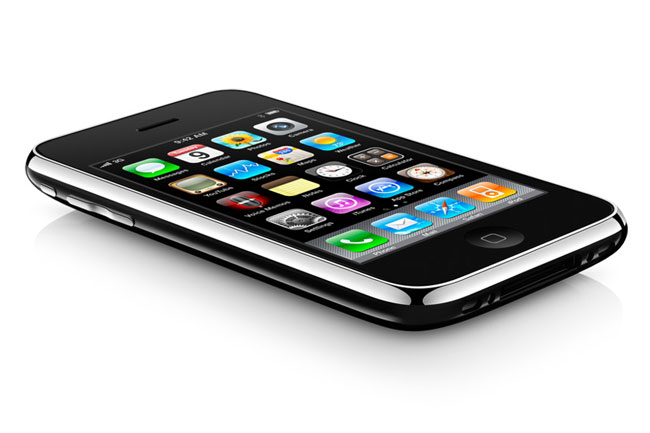The world’s largest maker of mobile handsets, Finland’s Nokia, has filed a suit in the U.S. District Court in Delaware alleging that the Apple iPhone infringes on no fewer than ten Nokia patents related to GSM, UMTS, and WLAN technologies. The patents cover security, encryption, speech encoding, and wireless data transfer, and Nokia alleges the infringement goes all the way back to the original iPhone launched in 2007. And Nokia says its patents carry weight: they’ve already been licensed by 40 or so companies, including “virtually all” leading mobile device manufacturers.

“The basic principle in the mobile industry is that those companies who contribute in technology development to establish standards create intellectual property, which others then need to compensate for,” said Nokia’s VP for legal and intellectual property Ilkka Rahnasto, in a statement. “Apple is also expected to follow this principle. By refusing to agree appropriate terms for Nokia’s intellectual property, Apple is attempting to get a free ride on the back of Nokia’s innovation.”
Nokia says it has invested more than €40 billion in research and development during the last 20 years to develop one of the largest patent portfolios in the industry.
Apple has not yet commented on the suit.
Given that the original iPhone was introduced over two years ago, it’s reasonable to assume Nokia has already been in contact with Apple about the alleged infringement and the companies failed to come to an agreement or work out a licensing deal—companies of this size typically only resort to litigation as a long-term pressure tactic when normal business channels break down. Nonetheless, the timing of Nokia’s suit has some industry watchers claiming sour grapes: Apple has just announced its most successful financial quarter ever, buoyed in part by strong demand for the iPhone, while Nokia is seeing its business shrink. The company had net sales of €9.8 billion for the last quarter, which is no small amount of money.
On the other hand, the company saw a 20 percent nosedive in sales of its smartphone products and has been forced to write down its Nokia-Seimens joint venture by €908 million — and its share of the world smartphone market steadily eroded by handsets like the BlackBerry … and, of course, the iPhone.


